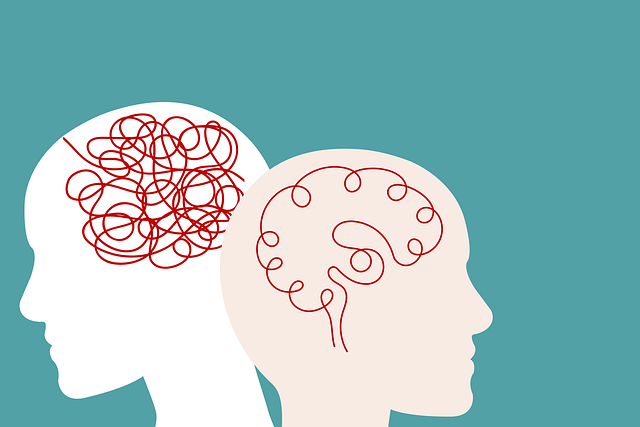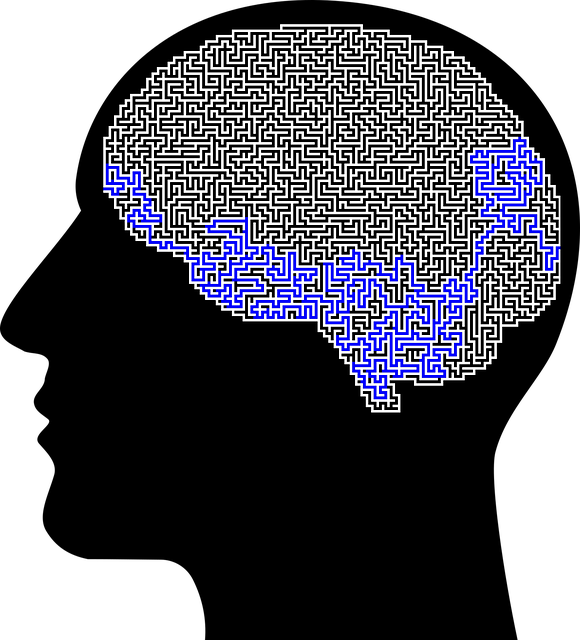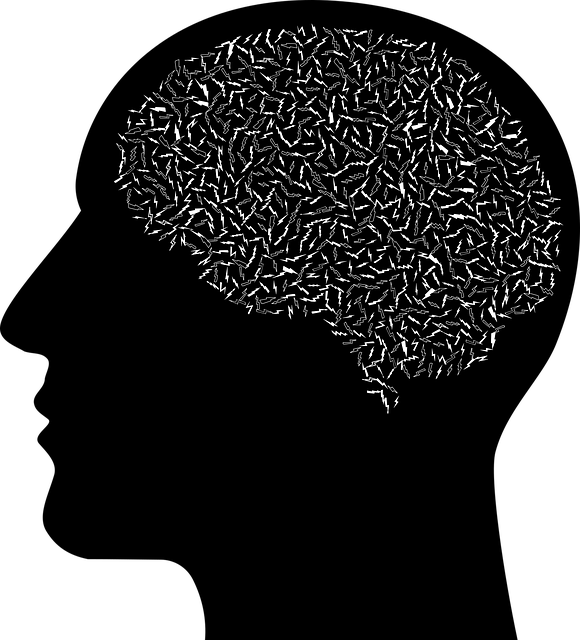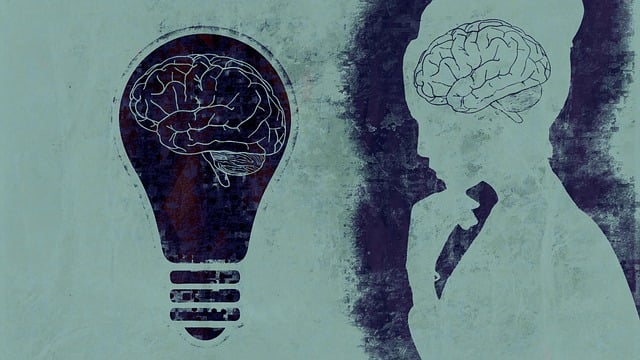Biofeedback therapy, leveraging real-time feedback on physiological responses, is revolutionizing mental illness diagnosis and treatment. This non-invasive approach allows individuals to manage their mental wellness and aids healthcare professionals in making more accurate diagnoses by objectively measuring brain waves, heart rate, and muscle tension. Integrated into clinical settings and policy analysis, biofeedback enhances traditional therapy methods and contributes to a holistic mental health approach. Digital platforms make biofeedback accessible, offering personalized guidance for improved therapeutic outcomes, stress reduction, emotional regulation, and trauma support services, breaking geographical barriers to consistent care.
Mental illness diagnosis accuracy has long been a topic of concern. This article explores three innovative approaches aimed at enhancing diagnostic precision, including the role of biofeedback in therapy, integrating advanced technology with treatment, and patient-centered strategies. By delving into these cutting-edge methods, we aim to highlight how healthcare professionals can improve diagnosis accuracy and ultimately foster better outcomes for individuals navigating mental health challenges. Discover the transformative power of therapy combined with biofeedback techniques and technological advancements.
- The Role of Biofeedback in Enhancing Diagnosis Accuracy
- Integrating Therapy with Advanced Technology
- Patient-Centered Approaches for Better Outcomes
The Role of Biofeedback in Enhancing Diagnosis Accuracy

Biofeedback, a therapy for self-care practices that focuses on the interaction between the mind and body, has emerged as a powerful tool to enhance mental illness diagnosis accuracy. By providing real-time feedback on physiological responses, biofeedback allows individuals to gain greater control over their mental wellness. This non-invasive approach enables healthcare professionals to objectively measure changes in brain waves, heart rate, muscle tension, and other bodily functions associated with emotional states. Such data offers valuable insights into an individual’s mental health status, enabling more precise diagnoses.
Integrating biofeedback into clinical settings complements traditional therapy methods and contributes to a holistic Mental Health Policy Analysis and Advocacy approach. The accuracy it provides can lead to better-tailored treatment plans, potentially improving patient outcomes. Moreover, as the popularity of Mental Wellness Podcast Series Production grows, incorporating biofeedback discussions can offer listeners practical self-care techniques, fostering a deeper understanding of mental wellness management.
Integrating Therapy with Advanced Technology

The integration of therapy with advanced technology is revolutionizing mental health care. Techniques like biofeedback, which trains individuals to control bodily functions, are now accessible through digital platforms, enhancing therapeutic outcomes. This fusion offers a more personalized approach, allowing therapists to provide real-time guidance and support during sessions. By combining traditional talk therapy with these innovative tools, professionals can better assist patients in managing their symptoms and improving overall mental well-being.
Additionally, advanced technology facilitates the implementation of conflict resolution techniques and empathy-building strategies at scale. Online platforms enable therapeutic interventions that focus on stress reduction, emotional regulation, and trauma support services, making care more accessible. This digital shift not only broadens the reach of mental health services but also ensures consistent and effective treatment, regardless of geographical barriers.
Patient-Centered Approaches for Better Outcomes











